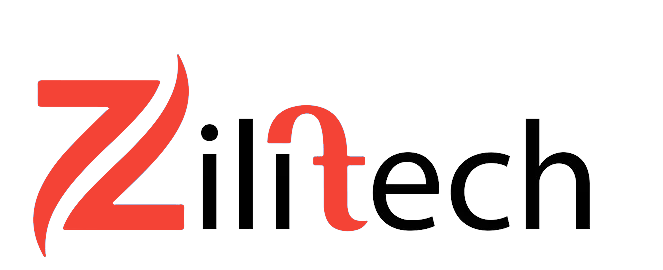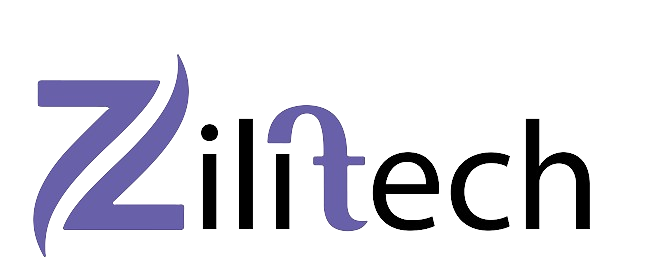A “Digital Product” refers to any item or service that is created, distributed, and consumed in a digital format. Unlike physical products, digital products exist purely in the digital realm, often accessible through electronic devices such as computers, smartphones, or tablets. They can take various forms, including software applications, e-books, music files, videos, online courses, games, digital art, and more.
What distinguishes digital products is their intangible nature, as they are typically delivered electronically over the internet or through other digital means. This means that users can download, stream, or access them online without the need for physical distribution or storage.
Digital products offer several advantages, such as instant delivery, scalability, and the potential for automation. They can be easily updated and customized to meet the evolving needs of users. Additionally, they often provide a more cost-effective and environmentally friendly alternative to traditional physical products.
In today’s digital age, the market for digital products continues to grow rapidly, driven by advancements in technology, increased internet connectivity, and changing consumer preferences. Companies and individuals alike are creating and monetizing digital products to meet the demand for convenient and accessible digital content and services.


